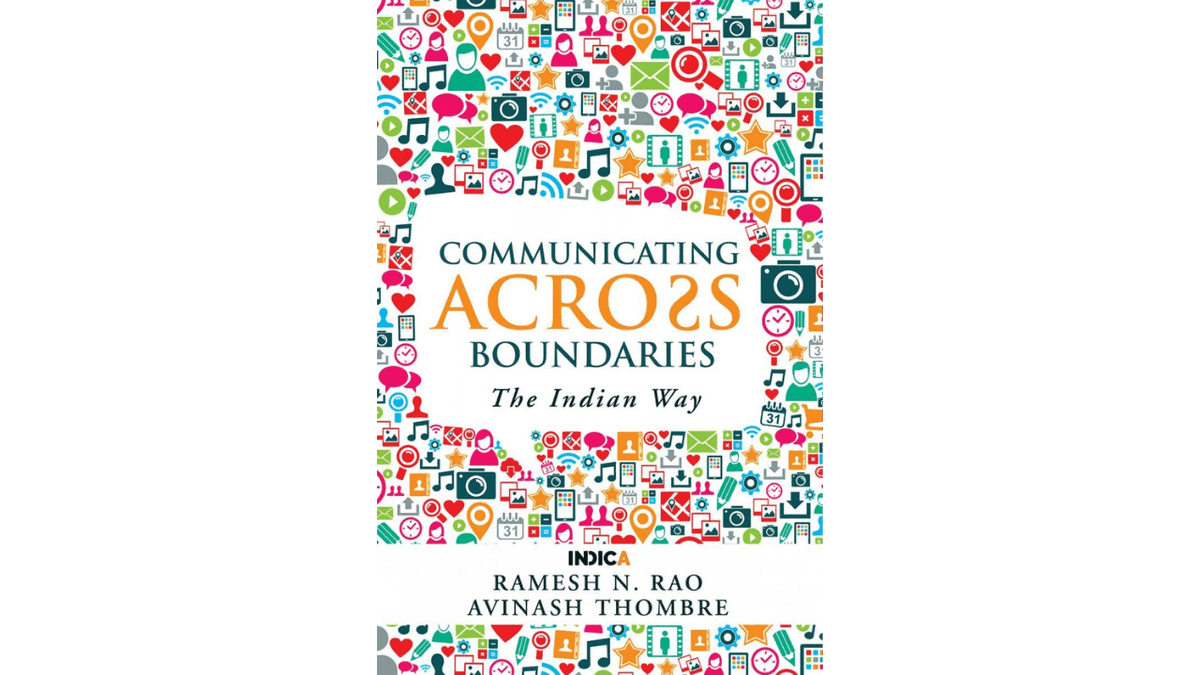
#Announcement INDICA BOOKS (@IndicaBooks) is pleased to announce its latest book 'Communicating Across Boundaries: The Indian Way' by Sri Ramesh Rao & Avinash Thombre
A Brief Overview of the Book & Authors Bio +
A Brief Overview of the Book & Authors Bio +

#BookOverview India is a multifaceted, multicultural nation with a rich tradition of ethnic, religious, linguistic, social and cultural mores, beliefs and practices
What has allowed for such a rich diversity of people & what have been the challenges to effective communication...
What has allowed for such a rich diversity of people & what have been the challenges to effective communication...
…between and among these groups? India is also Bharat, and where does the twain meet between the imagined and the real India and the imagined and the real Bharat?
This book offers insights into understanding how we deal with difference, how we perceive one another and what we do about religious, caste and regional conflicts using the lens of “communication studies”
It can be read by both intelligent and lay readers as well as students of communication, culture and other social sciences
About the Authors:
Ramesh Rao is the author of books on Indian politics & society. He has published essays & commentaries in a variety of journals worldwide
About the Authors:
Ramesh Rao is the author of books on Indian politics & society. He has published essays & commentaries in a variety of journals worldwide
Avinash Thombre is a professor of Communication Studies at the University of Arkansas, Little Rock. Avinash Thombre’s essays can be accessed at avithombre.medium.com
Get your copy here: amazon.in/Communicating-…
• • •
Missing some Tweet in this thread? You can try to
force a refresh








